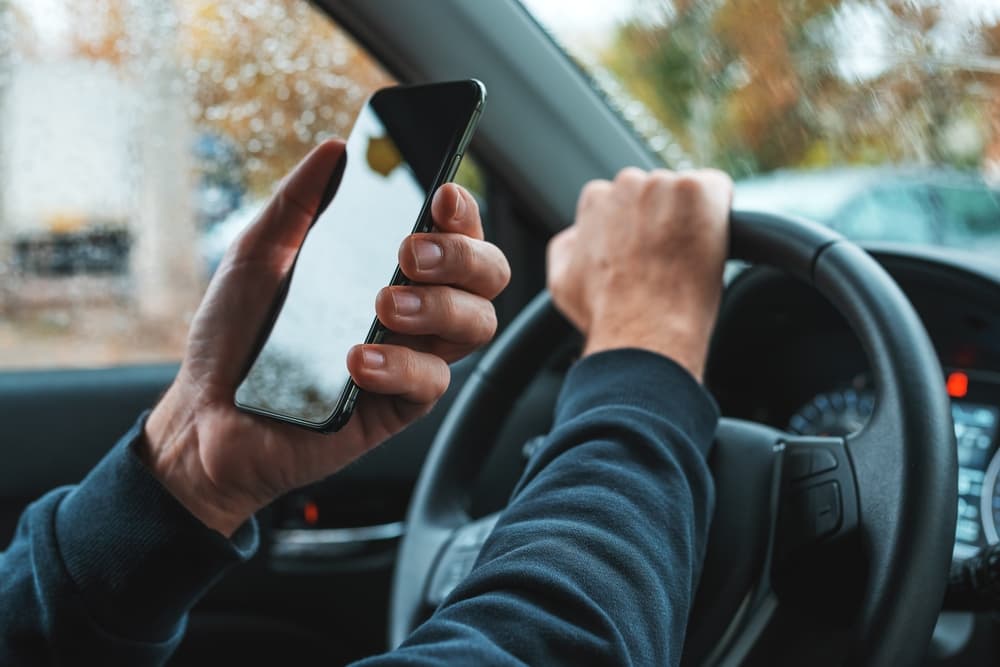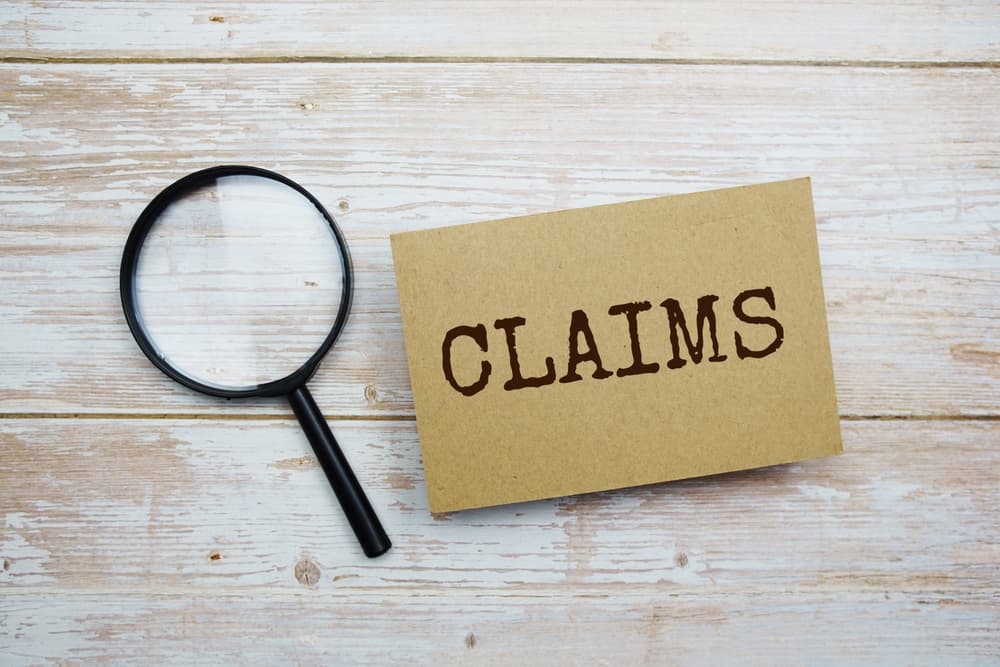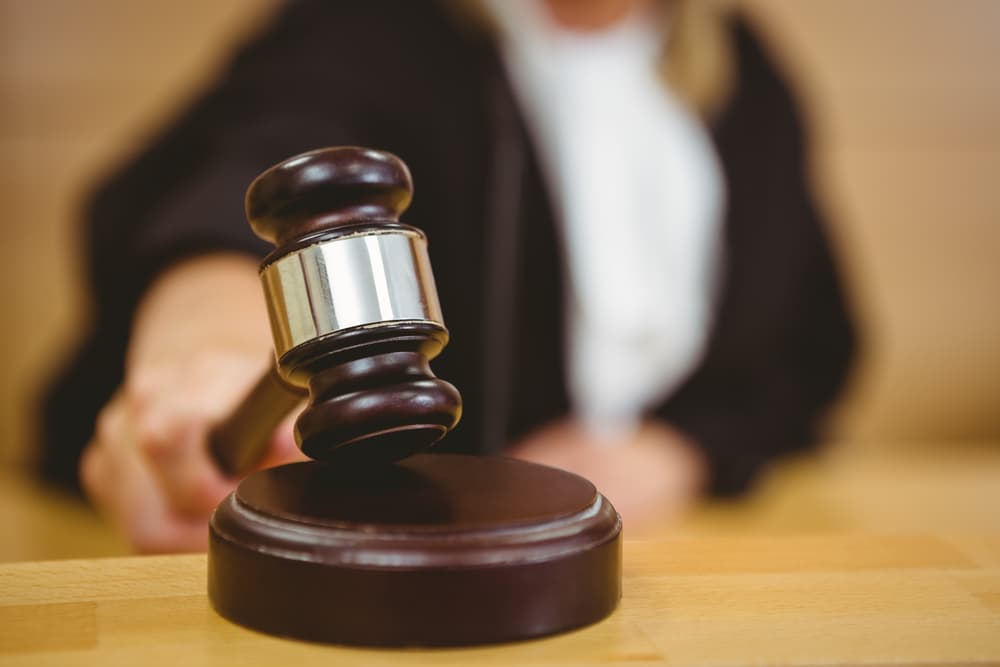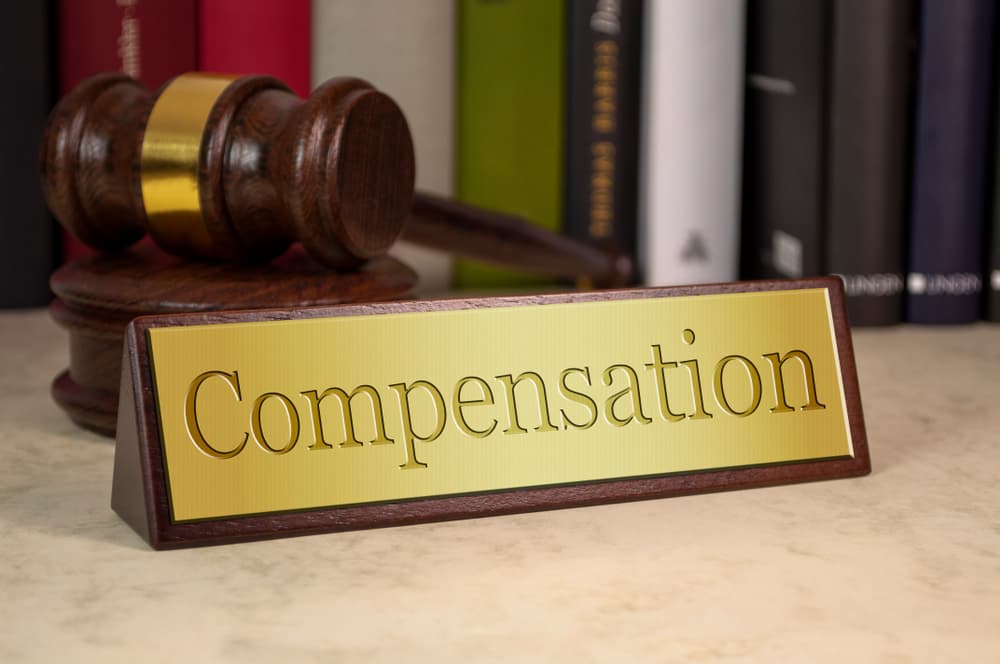Car accidents frequently happen when other drivers are negligent, such as by exhibiting road rage or violating various traffic laws. If someone else caused your accident, you should still notify your own insurance company.
Your insurance company needs to be informed so that they can process your claim correctly. Depending on your jurisdiction, they can cover immediate costs, like certain medical bills or car repairs, through your policy’s coverage. Reporting the accident promptly also protects you from potential disputes or delays.
Moreover, if the at-fault driver did not have adequate insurance coverage – or if they did not have any insurance coverage at all – your own insurance company may be able to “step into the shoes” of the at-fault driver. This is typically accomplished through an uninsured motorist (UM) or underinsured motorist (UIM) claim. The laws of many jurisdictions require that accident victims place their own insurance company on notice before filing one of these claims. Failing to do so may result in a claim denial.
An experienced car accident attorney in your jurisdiction can investigate the circumstances of your accident and determine who was at fault. They can then file the appropriate insurance claim on your behalf and pursue the compensation you deserve.
How do Other Drivers Cause Accidents, and What are the Most Common Injuries?

Negligent driving is a leading cause of car accidents. One of the most common forms of negligent driving is texting while driving. When drivers text, they divert their eyes from the road, hands from the wheel, and minds from driving. This triple distraction significantly increases the risk of accidents.
Another common form of negligent driving is driving under the influence of alcohol or drugs. Impaired drivers have slower reaction times, poor coordination, and impaired judgment, making it difficult to control their vehicles. Drunk driving accidents often result in severe injuries or fatalities.
Speeding is also a common cause of car accidents due to negligence. Drivers who exceed the speed limit have less time to react to obstacles or sudden changes in traffic. Speeding reduces a driver’s ability to steer safely around curves or objects in the road and extends the distance necessary to stop a vehicle.
Distracted driving, in general, encompasses more than just texting. It includes any activity that diverts attention from driving, such as eating, adjusting the radio, or talking to passengers. Each of these distractions takes focus away from the road, increasing the likelihood of an accident.
Negligent driving also leads to various injuries, and many are often severe and life-changing:
- Whiplash is one of the most common injuries. It occurs when the victim’s head is suddenly jerked backward and then forward, causing strain on the neck muscles and ligaments. Too many people underestimate the effects of whiplash, as it can cause significant pain and limitations.
- Broken bones are another frequent injury, particularly in high-impact collisions. Fractures can range from minor breaks to complex breaks that require surgery.
- Traumatic brain injuries (TBIs) are also common in car accidents. They occur when the victim’s head suffers a sudden impact or violent shaking, leading to brain damage.
- In addition to physical injuries, car accidents can cause psychological trauma. Victims may suffer from post-traumatic stress disorder (PTSD), anxiety, and depression, which can have long-lasting effects on their overall well-being.
What are the Elements of Proof in a Car Accident Claim?

In a car accident claim, the injured party (plaintiff) seeks compensation from the driver at fault. To succeed in such a claim, the plaintiff must prove several legal elements, including duty of care, breach, causation, and damages.
- Duty of Care – The first element is to establish that the at-fault driver (defendant) owed a legal duty of care to the plaintiff. In the context of driving, this is straightforward. All drivers have a legal obligation to drive safely and follow traffic laws to prevent harm to others on the road. This duty includes obeying speed limits, stopping at red lights, and not driving while under the influence of drugs or alcohol.
- Breach of Duty – After establishing the legal duty of care, the plaintiff must prove that the defendant breached – or violated – this duty. A breach occurs when the driver fails to act as a reasonable person would under similar circumstances. Examples of breaches include texting while driving, running a red light, or speeding. The plaintiff must provide evidence that the defendant’s actions were not what a reasonably prudent driver would have done.
- Causation – The plaintiff also must show that the defendant’s breach of duty directly caused the accident and resulting injuries. This element has two components: cause in fact and proximate cause. Cause in fact means that the accident would not have occurred “but for” the defendant’s actions. Proximate cause means that the defendant’s actions were closely related to the harm caused, and it was foreseeable that such actions may result in an accident. For instance, if a driver runs a red light and hits another car, the breach directly causes the accident and injuries.
- Damages – Finally, the plaintiff must demonstrate that they suffered actual damages as a result of the collision. Damages can be physical, financial, or emotional. Physical damages include injuries such as broken bones, whiplash, or traumatic brain injuries (TBIs). Financial damages cover medical bills, lost income, and property damage. Emotional damages may compensate for pain and suffering, anxiety, and loss of life enjoyment. The plaintiff must provide evidence of these damages, such as medical records, bills, and testimony regarding the effects on their daily life.
How Does a UM or UIM Claim Work?
UM claims and UIM claims are types of insurance coverage that protect you if you’re in an accident with a driver who either doesn’t have insurance or doesn’t have enough insurance to cover the damages. It’s important that you notify your insurance company about an accident right away in the event you may need to file one of these claims.
UM Claims:
Uninsured motorist coverage comes into play when you’re in an accident due to a driver who doesn’t have any insurance coverage. Despite laws requiring drivers to have insurance, many still drive without it. If one of these drivers hits you, UM coverage steps in to cover your losses.
After the accident, you can file a claim with your own insurance company under your UM policy. You will need to prove that the other driver was at fault and uninsured. This often involves obtaining a police report and witness statements. Your insurance company will investigate the accident to confirm the details. Once they verify that the other driver is indeed uninsured and at fault, they may compensate you for your medical expenses, lost income, and sometimes property damage, depending on your policy.
UIM Claims:
Underinsured motorist coverage is used when the at-fault driver’s insurance isn’t enough to cover all of your accident-related damages. For example, if you have serious injuries and the at-fault driver’s insurance limits are too low to cover your medical bills, UIM coverage can make up the difference.
In this case, you must first file a claim with the at-fault driver’s insurance. Once you receive the maximum payout from their policy, you can then file a UIM claim with your own insurance company. You will need to provide proof of the other driver’s insufficient coverage and evidence of your additional expenses. Your insurance company will review the claim and, if valid, may cover some or all of the remaining costs up to your UIM policy limits.
UM and UIM coverage provides an essential safety net, ensuring that you’re not left bearing the full financial burden if an irresponsible driver causes an accident.
Will my Car Accident Claim go to Court?

Deciding whether your car accident claim will go to court involves several factors. Understanding these factors can help you determine the best course of action for your case.
- Severity of Dispute – If there is a serious disagreement between you and the insurance company about who is responsible for the accident or the amount of damages, your case may go to court. Insurance companies often prefer to settle out of court to avoid the costs and unpredictability of a trial. However, if they refuse to offer a fair settlement – or if you cannot agree on the compensation amount – you may need to pursue litigation.
- Amount of Damages – The amount of damages claimed can influence whether your case goes to court. For smaller claims, insurance companies are often willing to settle quickly to avoid legal fees. For larger claims – especially if there are significant injuries or substantial property damage – negotiations may be more complex, potentially leading to a courtroom battle if a fair settlement isn’t reached.
- Insurance Company’s Offer – If the insurance company offers a settlement that you find acceptable and sufficient to cover your damages, you can agree to settle without going to court. However, if their offer is too low or if they deny liability, you may need to consider legal action to ensure that you receive fair compensation.
- Evidence and Documentation – The strength of your evidence plays a crucial role. If you have strong documentation, such as police reports, medical records, and witness statements that clearly support your case, it may be easier to negotiate a fair settlement. If evidence is contested or incomplete, it can lead to a trial to resolve the issues.
- Legal Advice – An experienced car accident attorney can provide valuable guidance. A lawyer can help you assess whether a particular settlement offer is fair or if you should proceed to court. They can also manage the litigation process if you decide to file a lawsuit.
- Time and Costs – Litigation can be time-consuming and expensive. Consider whether you have the resources and time to go through a trial. Settling out of court may be a more efficient and cost-effective option, depending on your circumstances.
Possible Compensation in a Car Accident Claim

When an accident victim becomes injured in a car crash, they may be eligible for compensation to cover their losses, which might include:
- Medical Expenses – This covers the costs of accident-related hospital bills, doctor visits, surgeries, medications, and physical therapy needed to treat your injuries. If your injuries require long-term care or rehabilitation, those future medical expenses can also be included.
- Lost Earnings – If your injuries prevent you from working, you can seek compensation for lost income. This includes the income you missed out on while you were unable to work due to the accident. If your injuries affect your ability to work in the future or limit your earning potential, you can also claim compensation for your future lost income.
- Pain and Suffering – This type of compensation is meant to account for the effects of accident-related injuries on your quality of life, including chronic pain, discomfort, anxiety, and depression.
- Emotional Distress – In addition to compensation for physical pain, you can recover compensation for your emotional distress. This includes feelings of anxiety, depression, and trauma related to the accident and your recovery process.
- Loss of Enjoyment of Life – This type of compensation covers the loss of your ability to enjoy activities and hobbies that you previously found fulfilling. If your injuries prevent you from participating in activities you once enjoyed, you can claim compensation for this loss.
- Loss of Consortium – If your injuries affect your relationship with your spouse, such as diminishing your ability to have a normal marital relationship, your spouse may be entitled to compensation for loss of consortium. This type of damage covers the effects on your marital relationship and companionship.
Call an Experienced Car Accident Lawyer Today
One of the most important steps to take following a car crash is to notify your own insurance company about the accident. Next, you should consult with a skilled car accident attorney about how best to proceed with your case. Your lawyer can file the appropriate insurance claim(s) on your behalf and can fight for your right to recover the compensation you deserve.
Get started today by scheduling your free case evaluation with a trusted personal injury attorney near you.


